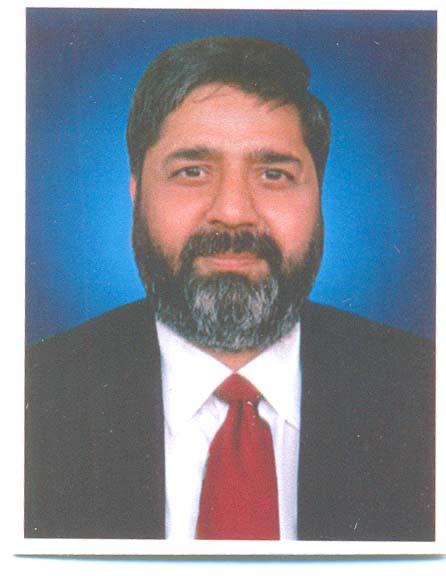By Arun Joshi

A much hyped all-party meeting on Kashmir on June 24 has gone into the pages of history of Srinagar-Delhi relations as an event the significance of which lay in its opening of channels of communication between the two with right kind of words and picture frame.
The importance of the meeting lay in the optics, Prime Minister Narendra Modi who was chairing it, exchanged informal notes with the leaders from Jammu and Kashmir. The informal notes are important in politics than the formal words written in the official releases where even full stop and comma are used with extreme caution.
Besides the calendar of Delimitation Commission recommendations about the delineation of the constituencies for the new Assembly, to be followed by the polls and then the road to statehood, there are three other major points that need attention.
First, it was the Prime Minister’s initiative that has broken the ice that appeared to be refusing to melt because of what happened on August 5, 2019, when the Centre scrapped the special status of Jammu and Kashmir and split the state into two union territories. He had convened the meeting knowing what all the leaders from the Valley, especially from the People’s Democratic Party and the National Conference, the main lights of the People’s Alliance for Gupkar Declaration, were going to say. That they did speak on the expected lines did. Not mar the mood of the talks is significant, especially when it is seen that PM who had lauded the end of the special status of J&K had to hear all the voices bitterly against that.
For Modi and his millions of followers across the country, the decisions of August 5, 2019, represented a turnaround bringing the whole of the nation under one flag and the constitution besides striking at the perceived roots of terrorism in Kashmir. Therefore, hearing any argument against the decisions, which the Modi government and the BJP believe corrected a wrong of decades, was extraordinary ..
PDP chief Mehbooba Mufti was the most vociferous on the issue. She had promised Kashmir that she will raise the issue with all the energy and intensity at her command, and that’s what she did. She had held the same view when she was ruling the state of Jammu and Kashmir from April 2016 to June 2018 in alliance with the BJP, and also when she was ousted of power. She has shown no sign of compromise.
Her argument is simple with historical orientation. That the Article 370 and the special status were given to J&K by the Constitution of India and founding fathers of the country – first Prime Minister Jawaharlal Nehru and Home Minister Vallabh Bhai Patel. This has its own validity and she made it a point, before, during, and after the meeting to say that the unique identity of Kashmir rests on it. Therefore, she argued, that the reversal of the August 5 decisions was an utmost necessity to heal the wounds of the people of Kashmir.
There were others who were all set to train their guns on Mehbooba, and that’s what they did. They made it clear that there can be no going back to the pre-August 5 status of Jammu and Kashmir as that was a source of secessionism and promoted Pakistan sponsored terrorism. This line gels with the Hindu majority area of the Jammu region, where the BJP hopes to gain more seats owing to its expectations of an increase in the number of seats in the plains of Jammu.
They also see the spread of the idea of India in Kashmir in roads, buildings and tapping the power generation potential of the territory. This is good but the way things are being done undermine the basic objective that is being sought to be accomplished. Prime Minister must have heard it from even those who have moderated their stand from restoration of the special status to the return of statehood to J&K..
A second most important point that emerged out of the meeting was that dialogue alone can show the path to progress in Jammu and Kashmir in the democratic and developmental fields. It was felt that the importance of dialogue be sustained and nothing should be said or done to mar the driving spirit of the talks. Each and every participant knew that it was an opening and if it is not taken in its right spirit, it may close the doors for talks yet again.
Third, there was a complete realization that the table for the talks was set up quite late in the day. Prime Minister was quoted by veteran Congress leader Ghulam Nabi Azad saying that the pandemic delayed the holding of the talks with the leaders of J&K .But this delay has caused a lot of damage because things have slipped in the Valley and the resentment in the Jammu region is no less. The reasons are different, But unless those issues are addressed, the spirit with which the dialogue was held at the all-party meet would dissipate.
Now it is the responsibility of the two sides to ensure that the things stay on course , dialogue leading to democracy.

